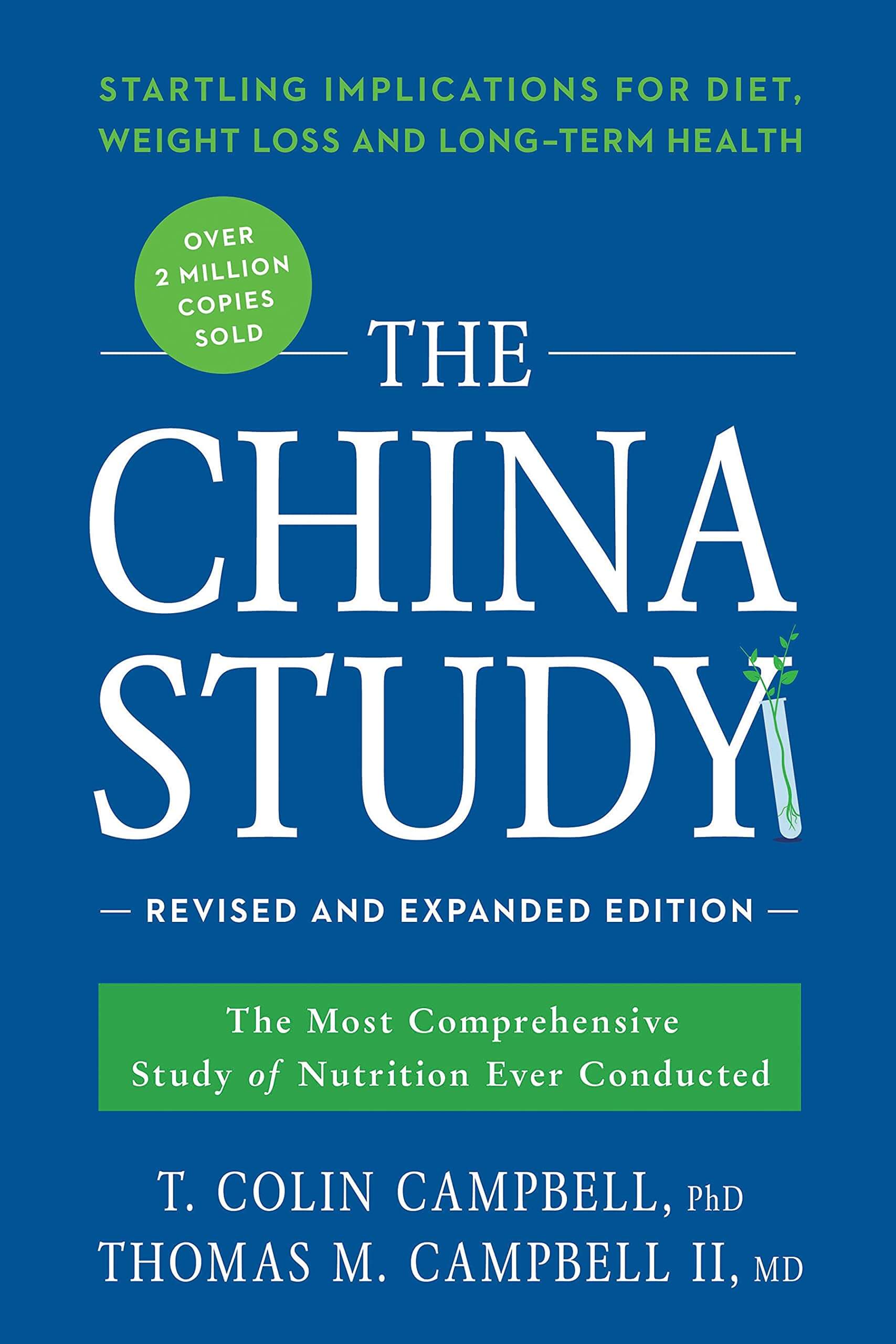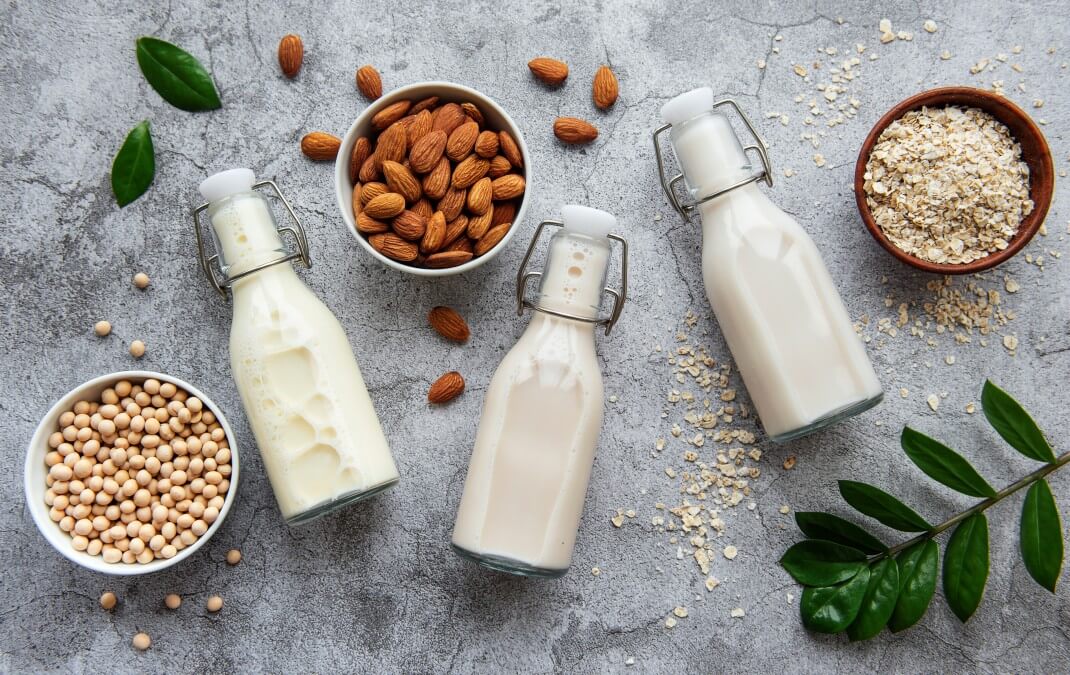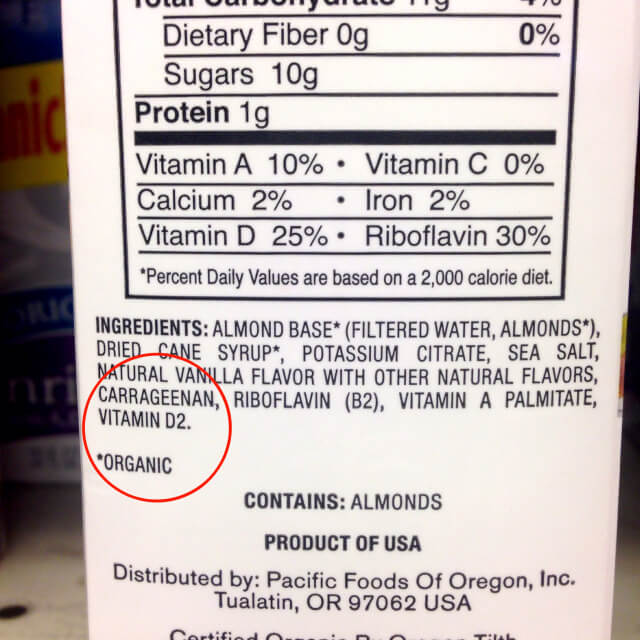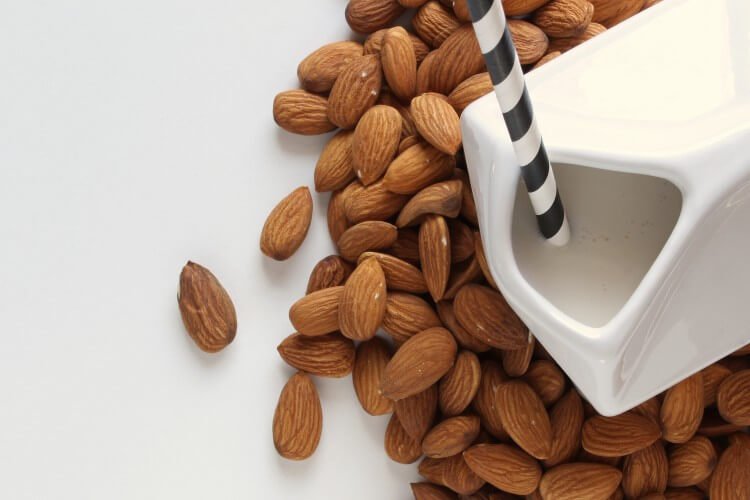No, vegans do not drink milk as vegans do not drink, eat, or use anything that comes from an animal or uses animal by-products. There are cow's dairy alternative milks that vegans can drink which are all plant based.
This article will explore in depth the vegan lifestyle, why milk is off limits if you are vegan, why alternative plant-based milks aren't really milk, and the different options available.
What Is Veganism?
The vegan lifestyle is one that abstains from using or consuming any animal products. This includes, but is not limited to, meat, poultry, fish, dairy, eggs, and honey. Because milk comes from cows which are animals, it’s therefore, according to vegans, causing harm to the cow.
Some vegans also do not eat or use yeast products as some yeasts are cultured on milk whey as well, citing similar reasoning. Also, some vegans object to the use of animals for scientific research, as well as the use of animal products such as leather and fur.

Why Don't Vegans Drink Milk?
People choose to be vegan for a number of reasons including animal welfare, environmentalism, and human health.
Animal Welfare Concerns
Veganism is a lifestyle that seeks to avoid all forms of animal exploitation and cruelty, whether for food, clothing, or any other purpose.
For vegans, the dairy industry is one of the biggest concerns when it comes to animal welfare.
Cows in the dairy industry are routinely subjected to cruel and inhumane treatment, from being forcibly impregnated to having their babies taken away from them shortly after birth.
The dairy industry also contributes significantly to greenhouse gas emissions and environmental destruction.
Concerns Over The Environment
Vegans believe that raising animals for food is one of the leading causes of global warming and deforestation.
According to one study, over-farming will lead to the destruction of over 25% of habitat for 1,300 species over the next 30 years.
The same study estimates that agricultural expansion will destroy over 1.2 million square miles of natural habitats!
Also, transporting dairy products worldwide adds to the global carbon footprint. By reducing the amount we farm, we can reduce harmful CO2 emissions.
Health
There is a growing body of evidence that suggests a diet high in animal protein leads to chronic health problems. One of the most well-known studies linking animal products to human health problems is the China Study.

The Most Comprehensive Study of Nutrition Ever
As seen in The New York Times, Washington Post, and featured on Good Morning America and the Dr. Oz Show.
This massive study found that there was a correlation between high levels of animal protein consumption and chronic disease risk.
Specifically, they found that people who ate the most animal protein were at increased risk for cancer, heart disease, and other chronic illnesses.
Vegan diets, conversely, tend to be lower in saturated fat and cholesterol, and higher in fiber and antioxidants, all of which can help reduce the risk of heart disease.
Additionally, vegan diets have been linked with lower rates of obesity, type II diabetes, and certain types of cancer.
What Do Vegans Drink Instead of Dairy Milk?
There are a number of plant-based milk alternatives available for vegans (or anyone who doesn't want to drink dairy milk).
These include almond milk, soy milk, rice milk, oat milk, hemp milk, cashew milk, coconut milk and several others. Check out our full list of non-dairy milk here.
Keep in mind that all non-dairy milks are ok for vegans. Vegan milk is made from nuts and grains, so if you have any allergies or intolerances, some non-dairy milk may be out of reach for you too. The great thing is there's such a huge variety, you'll be able to find a milk that suits you!
Is Plant-Based Milk Really Milk?
While these alternative milks may be vegan-friendly, they are not actually "milk".
Milk, by definition, is an opaque white liquid secreted by the mammary glands of female mammals to nourish their young.
This definition excludes all plant-based milks as they do not come from the mammary glands of female mammals.
That’s why some people refer to non-dairy milk as “mylk” instead of “milk” to differentiate the two.

What Are Some of the Other Differences Between Cow’s Milk and Dairy Milk?
Plant-based milks are typically lower in calories and saturated fat than cow’s milk. They also provide some of the same nutritional benefits of the whole plants themselves, unlike cow’s milk.
One thing to be mindful of though, is if you buy non-dairy milk from the store you need to check the ingredients. Some brands use additives and preservatives to mimic the consistency of dairy milk and prolong the shelf life.
Some of these ingredients can have adverse effects, like carrageenan.

Read your nutrition labels before you buy a non-dairy milk. As a general rule of thumb, the shorter the ingredient list, the better.
What Type of Milk Can Vegans Drink?
Whether you’re thinking about going vegan or recently became vegan, don’t worry—you can still get your milk fix without dairy. Here are some of the most popular types of milk that vegans can drink:
Almond Milk
The most common vegan milk alternative is almond milk.
Almond milk is made from blending almonds with water and then straining the mixture.
While almond milk may have a similar consistency to cow's dairy milk, it is not nutritionally equivalent.
For example, cow's milk is a good source of protein, calcium, and vitamin D, while almond milk is not.
Soy Milk
Soy milk is made from soybeans that have been soaked and then ground with water. The soybean pulp is then filtered out and the remaining liquid is soy milk.
Soy milk was first created in China over 2,000 years ago and was introduced to the United States in the mid-1800s.
Soy milk is a good vegan alternative to cow's milk as it is high in protein and calcium and low in saturated fat. However, soy milk does not contain the same amount of vitamin D and B12 as cow's milk.
Some people prefer to avoid soy milk because it has been linked to some adverse health affects. More info here.
Rice Milk
Rice milk is made from rice that has been soaked in water and then ground into a fine paste. The rice paste is then mixed with water and strained to remove any solids.
While rice milk is a good alternative for those who are lactose intolerant or have allergies to cow's milk, there are some health concerns that should be considered.
Because it is high in carbohydrates, rice milk can cause spikes in blood sugar levels. It also does not contain any protein or calcium, which are essential nutrients for human health.
Oat Milk
Oat milk is made from oats that have been soaked in water and then ground into a fine paste. The oat paste is then mixed with water and strained to remove any solids.
Oat milk contains no cholesterol and is low in saturated fat, making it a healthier choice for those concerned about heart health. Additionally, oat milk is a good source of fiber and vitamins A and D.
Hemp Milk
Hemp milk is made from hemp seeds that have been soaked in water and then ground into a fine paste. The seed paste is then mixed with water and strained to remove any solids.
Hemp seeds, which come from the Cannabis sativa plant, are high in protein, essential fatty acids, and vitamins and minerals.
Unlike cow's milk, hemp milk does not contain cholesterol or lactose, making it a good choice for people who are lactose intolerant or have high cholesterol levels.
There are some studies that suggest that hemp milk is good for your heart. The nitric oxide produced by the arginine found in hemp seeds aids in blood vessel relaxation and helps you maintain healthy blood pressure.
Studies also show that people who consume more arginine are less likely to have dangerous levels of the inflammatory C-reactive protein than those who consume less arginine. These factors lower your risk of developing heart disease.
Cashew Milk
Cashew milk is yet another plant-based milk alternative. It's made by soaking cashews in water and then blending them into a creamy mixture. Cashew milk is lower in calories and fat than dairy milk, but it's also lower in protein.
Additionally, cashews are a good source of magnesium, phosphorus, and zinc. These minerals are essential for human health, but most people don't get enough of them in their diet.
Coconut Milk
Coconut milk is a popular milk alternative for vegans.
Coconut milk is made by grating the flesh of a mature coconut and then soaking it in water. The solids are then strained out and what is left is coconut milk.
Coconut milk has a number of health benefits including being a good source of electrolytes, vitamins C, E, B12, and iron. Coconut milk is also lower in calories and fat than cow's milk.

Are There Other Reasons to Drink Plant-Based Milk?
Yes, there are. Many people who are allergic to milk fat and milk proteins choose plant-based milks as a milk substitute.
People with these dairy allergies cannot just choose lactose-free cow’s milk as they are allergic to more than just the lactose in the milk.
Related: Is Muscle Milk Vegan?
Yes, Vegans Can Drink Milk (Alternatives)!
It is important to discuss any dietary changes that cut out entire food groups, in order to make sure you still ingest the right amount of nutrients.
Since vegan do not eat any meat, they obviously need to find alternative sources of protein. Beans and nuts are staples in the vegan diet, as well as other vitamins and minerals you may only get from meat.
In conclusion, while drinking cow’s milk is a no-no when you are a vegan, there are plenty of alternatives for you to try instead.
These alternative milks may not be true milk, but they provide a similar nutritional value and can be used in the same way as cow's milk. There are many different options if you're vegan and looking for a milk alternative.
